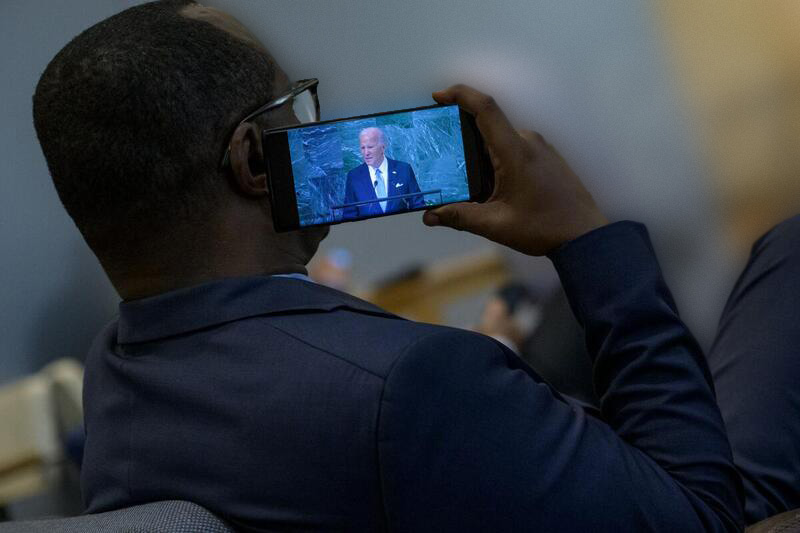U.S. President Joe Biden on Wednesday expressed his support for a reform of the UN Security Council, adding permanent seats for African and Latin American countries. For decades, Brazil has sought a permanent seat at the UN’s top body.
“The U.S. supports increasing the number of both permanent and non-permanent representatives of the Council. This includes permanent seats for those nations we’ve long supported and permanent seats for countries in Africa, Latin America, and the Caribbean,” Mr. Biden said before the UN General Assembly.
The issue of a Security Council reform was absent in Mr. Biden’s speech last year. The council was then mentioned only once, with regards to a resolution about Afghanistan.
Mr. Biden did not name specific countries that could be assigned the new permanent seats. In 2004, Brazil, Germany, India, and Japan formed a group known as G4 — which bid collectively for the expansion of permanent and non-permanent seats. Foreign ministers of the group’s participants will hold a meeting this week in New York.
The U.S. has previously expressed support for two countries to get permanent seats at the Security Council. In 2005, the George W. Bush administration backed Japan’s bid to become a permanent member. In 2010, Barack Obama endorsed India. Three other permanent members — France, the United Kingdom, and Russia — have expressed their support for Brazil to become a permanent member.
The UN Security Council has 15 seats, with five permanent members that hold veto power. The other ten countries serve two-year terms, elected by their regional peers. The council was reformed only once, in 1965, when the number of non-permanent seats was increased from six to ten.
Brazil and Japan are the countries that have been elected the most times to a rotational seat at the council: on 11 occasions each. Brazil is currently serving the 2022-2023 term and in July held the body’s rotational presidency.


 Search
Search






































